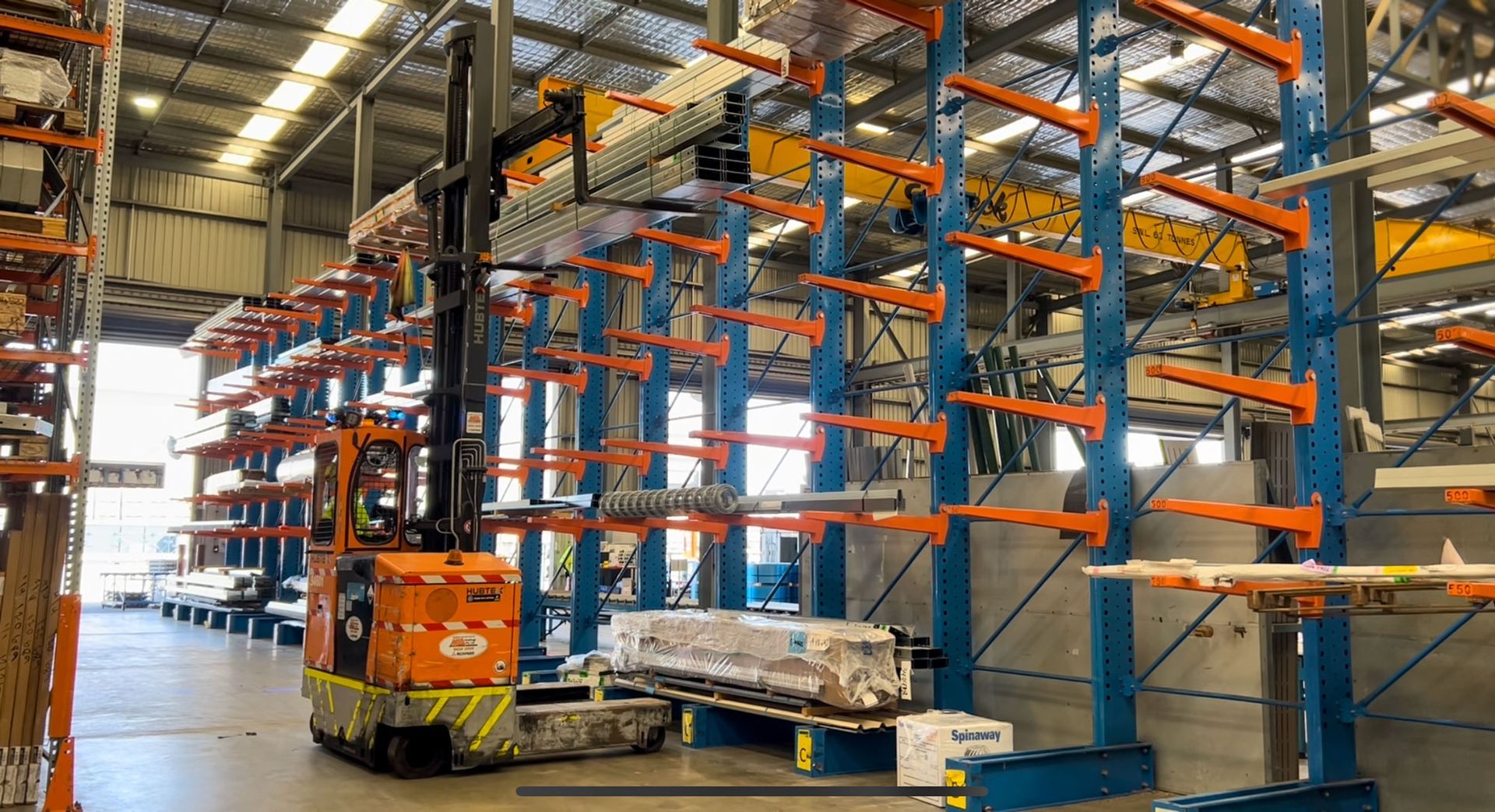Time-Efficient Onboarding for Managers
Time-Efficient Onboarding for Managers
If you manage a factory or warehouse, you already know time is the one thing you don’t have. You’re managing production schedules, keeping machines running, managing your team, and when a new employee gets started, there’s the onboarding process, including inductions and training, which is essential to making sure your new starter is productive and working safely.
Here’s the thing: onboarding doesn’t have to be long-winded or a box-ticking exercise. There are options that will mean fewer incidents, less turnover, and people who become productive faster.
So, let’s talk about how you can get onboarding done quickly, effectively, and without adding hours to your day.
Get Set Before They Walk In
First impressions matter, and let’s face it, they won’t be doing much work until the essentials are completed, so you may as well organise these up front. Typically, this might include a safety induction, setting up of timesheet and pay process, organising PPE, and arranging a buddy from their team.
Having that sorted when they arrive makes you look organised and it’s much more welcoming than leaving them waiting around. Like I say, it’s got to be done at some stage, so I suggest organising it the day before they commence.
Safety First (Keep It Short & Practical)
Safety is non-negotiable, but it doesn’t need to be death by PowerPoint. Of course, some documentation is required, but a walk around the site is going to be more engaging with your typical shop floor employee, and you can get some of the other items covered off at the same time.
People remember what they do, not what they hear so, if possible, get them involved in their own induction. A simple task might be to adjust and set up their PPE. Inserting foam ear buds for hearing protection is a great little training exercise, or a confirmation that your new employee knows how to fit them correctly.
Teach the Job in Bite-Sized Chunks
Forget trying to teach your new employee everything on day one. Cramming in the training or making it too basic is not going to give you the right results, not unless they’ve done the job and done it your way before.
Allow yourself at least a few weeks, break it down into small sessions where the buddy or other employees carry out the training. You don’t necessarily need to do the training, but you do need to verify your new hire can perform tasks the right way. Again, documentation may be necessary but making it practical and including them in performing the job in the right way is much more effective.
Try this simple but very effective training approach:
- Show them once.
- Get them to do it straight away.
- Check it and give feedback.
It’s quicker, it sticks better, and it saves you re-training later.
Be Clear on What “Good” Looks Like
Don’t leave them guessing. Tell them up front:
- “By day 3, you should be safely picking 25 orders per hour.”
- “By week 2, you should be assembling 20 frames per day.”
- “By week 4, you should be running the machine on your own.”
Clear targets make life easier for both of you. That way it's easy to know if they’re on track, and they know what’s expected.
Keep Check-Ins Short
You don’t need hour long reviews. Just 3-5 minutes during or at the end of a shift: “How’d it go? Any issues? Here’s one thing you did well, here’s one thing to work on.” Done.
For the first few weeks, block out 15 minutes. That one conversation can stop small problems turning into big ones.
Engage the Team, Not Just Yourself
You don’t have to do all the heavy lifting. Pair them with a senior operator for a few shifts. Rotate them around the team. It spreads the workload and helps them fit in faster.
Work Smarter, Not Harder
A few time-savers that might work for you:
- Record your induction talk once, play it whenever someone new starts.
- Stick a QR code on a machine that links to a 2-minute “how-to” video.
- Onboard a few people together if the timing lines up.
These things save you from saying the same thing 50 times.
Final Word
Good onboarding doesn’t mean dragging people through endless paperwork or using up half your shift talking. It’s about being prepared, showing them the ropes properly, and keeping communication open.
The payoff? New employees who get up to speed faster, make fewer mistakes, and are more productive earlier in their employment. If they are not picking things up, or turn out to not have the right attitude, you’ll find out much sooner. That will give you the opportunity to make a plan, or move them on early.
For the time poor manager, it means less headaches and problems to fix, and more time to focus on keeping the place running.
If you need support recruiting & onboarding the right people for your team, IRP is here to help you. Reach out to a member of our team today to get started.
Join Our Mailing List
Interested in receiving more content similar to this straight to your inbox each month? Sign up to our mailing list below!












